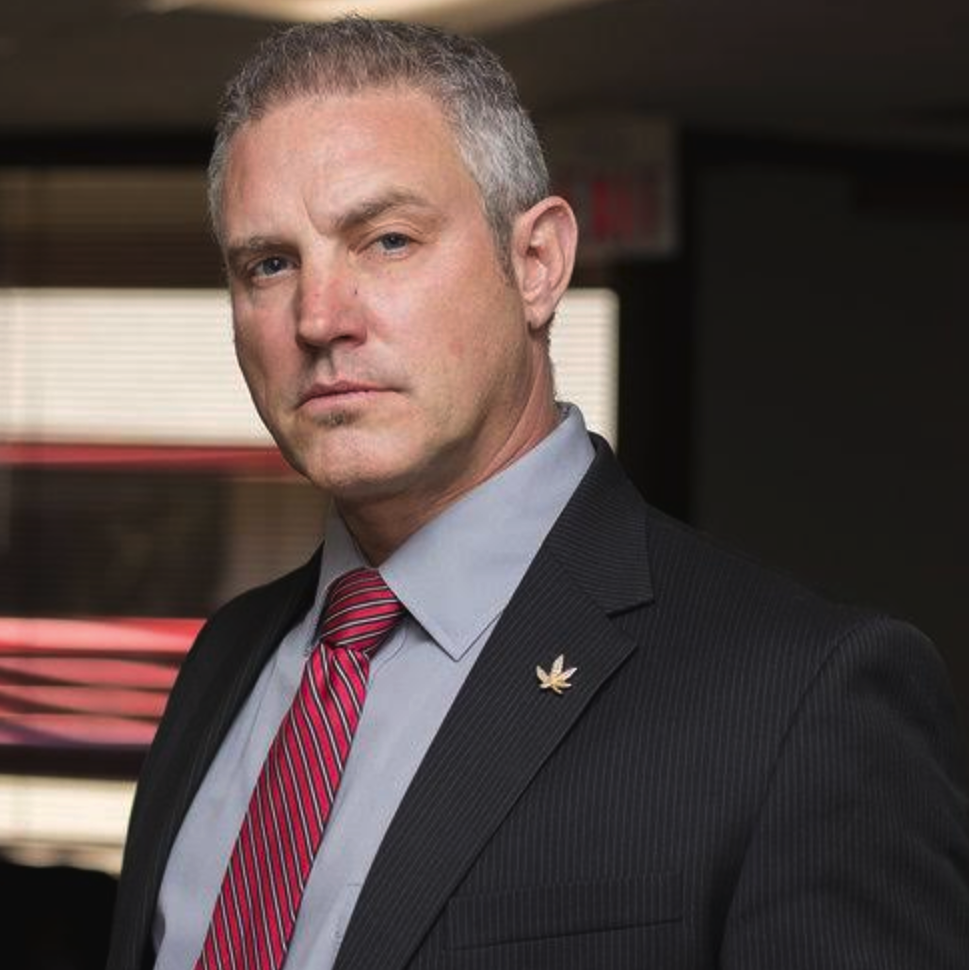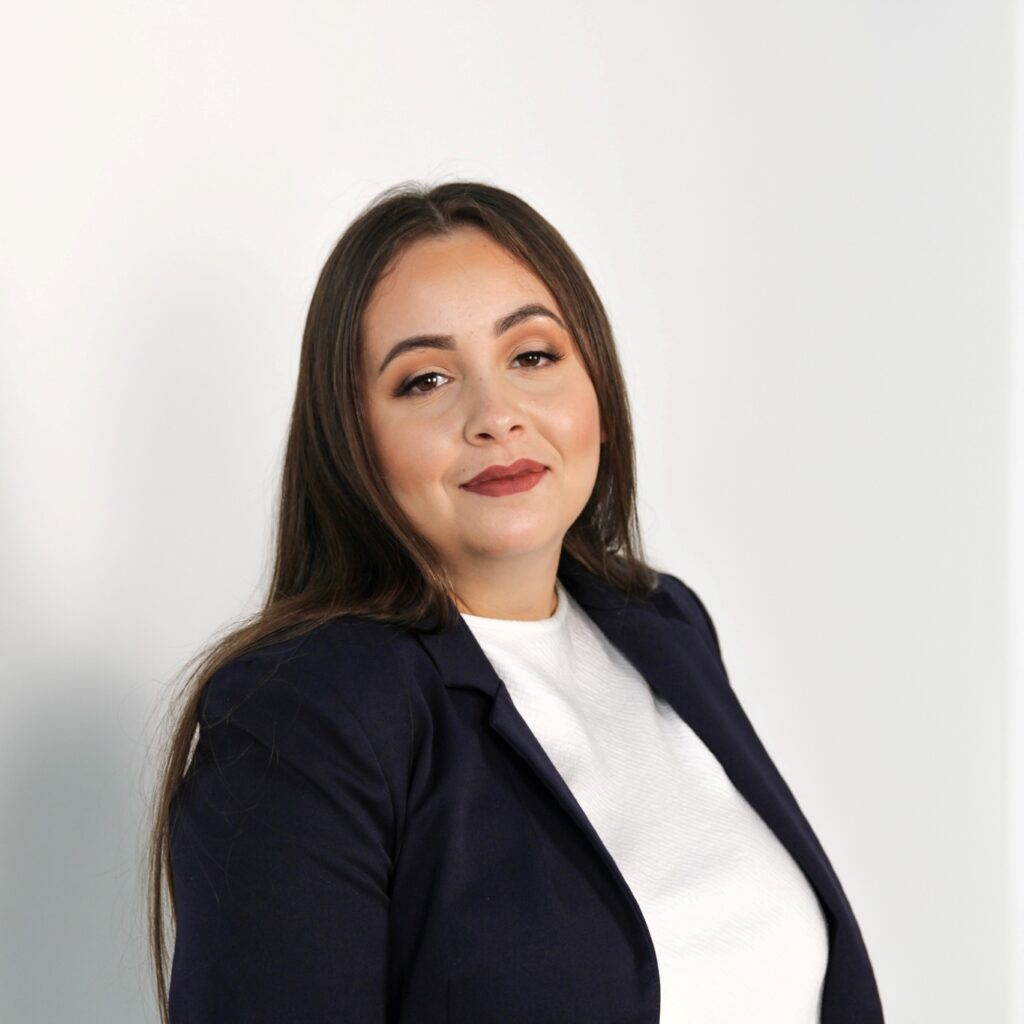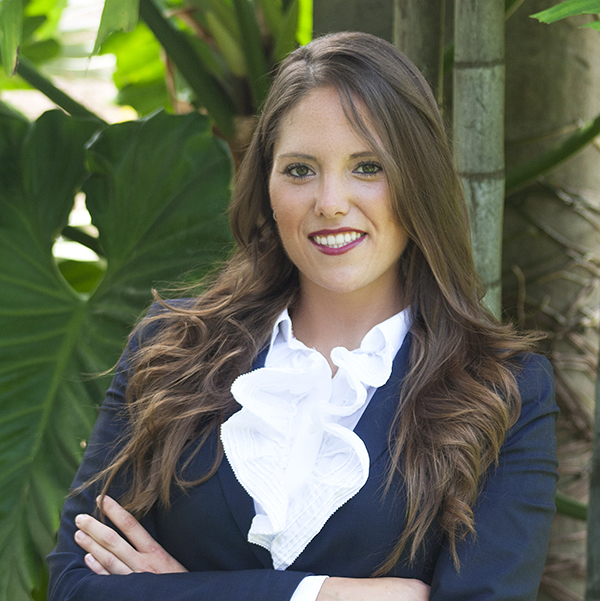Kratom’s future in the U.S. is being shaped in real time, and states like New York and Florida are leading the conversation in very different ways. In New York, new bills could restrict access, while in Florida, lawmakers are pushing for regulations aimed at building consumer trust and marketplace standards. This split shows just how quickly and unevenly the kratom industry is evolving across the country.
That’s where LumaLex Law comes in. We partner with kratom companies, manufacturers, distributors, and retailers to design legal strategies that fit the unique demands of this industry. From compliance and risk management to corporate structuring and growth planning, we work to seek to help businesses stay ahead of shifting regulations and move forward with confidence. If you’re in the kratom industry, connect with LumaLex Law today so we can seek to ensure your company is ready for what’s next.
Federal Status of Kratom in 2025
As of 2025, kratom remains technically legal at the federal level with several very important exceptions. The lack of consistent federal guidelines leaves room for states to set their own rules, creating a patchwork of regulations across the country that oftentimes conflict with federal law.
While the state regulations provide seeming clarity, it also leaves companies operating in a regulatory gray zone. For businesses, this moment is both an opportunity and a responsibility: an opportunity to build innovative products and sustainable brands, and a responsibility to stay current with shifting expectations. Forward-thinking companies are recognizing that compliance and transparency aren’t just about avoiding penalties. Companies have to keep up with the ever changing regulations and begin earning consumer trust in a marketplace that is still defining itself.
DEA and FDA Stance on Kratom
Both the DEA and FDA have stopped short of completely banning kratom nationwide, but each agency maintains a cautious stance. The DEA has listed kratom as a “drug of concern,” while the FDA has repeatedly issued public warnings about potential health risks. Their respective stances include:
- DEA: Keeps kratom under review without placing it on the controlled substances list, leaving its future open to policy shifts.
- FDA: Publishes consumer warnings, focusing on safety concerns tied to unregulated products.
- Shared focus: Both agencies emphasize the need for more scientific research before kratom can be considered for approval or broader regulation.
Why the FDA Does Not Approve Kratom for Supplements or Food
The FDA has not approved kratom for use in dietary supplements, foods, or medications for various reasons, including that it cannot be classified as a drug because it has not gone through the agency’s formal safety and efficacy review process. The review process for drugs requires extensive clinical trials, peer-reviewed research, and standardized data on safety, dosage, and quality.
This lack of approval does not necessarily mean the FDA has deemed kratom unsafe. It simply reflects the absence of scientific evidence that the agency relies on to make regulatory decisions. As a result, the FDA continues to issue warnings about unregulated kratom products, especially those with contaminants, inconsistent formulations, or unverified health claims.
Past Attempts and Consumer Pushback Against National Prohibition
The federal government has attempted to ban kratom before, but each effort has met resistance from a vocal and organized community of consumers, researchers, and advocacy groups. Their pushback has reshaped the conversation, turning it from one of prohibition to one of regulation and responsible access. For the industry, these moments show the power of collaboration and the importance of staying visible in policy discussions.
- 2016: The DEA’s emergency scheduling proposal was withdrawn after unprecedented public response, including tens of thousands of comments.
- Consumer voice: Petitions and advocacy efforts emphasized the need for more research rather than outright bans.
- Industry innovation: In response, many kratom businesses began adopting higher safety standards and transparency measures to strengthen credibility.
- Looking forward: Companies that stay engaged and proactive can help shape reasonable regulation instead of reacting to it.
New State Regulations
Some states have taken a regulatory approach that allows kratom to remain legal while establishing clear rules to protect consumers and ensure product quality. These laws focus on restricting sales to adults, requiring testing and transparency, and limiting potentially harmful substances. By setting standards for age limits, lab testing, alkaloid content, and labeling, these states aim to create a safer marketplace without banning kratom outright.
Key regulatory requirements include:
- Age limits: Sale of kratom is restricted to individuals 21 years and older.
- Lab testing: Mandatory testing of kratom products for purity, contaminants, and accurate alkaloid levels.
- Alkaloid content limits: Caps on certain alkaloids, such as 7-hydroxymitragynine, to reduce the risk of adverse effects.
- Product labeling: Clear, accurate labels including ingredient lists, dosage guidance, and FDA disclaimers about non-approval.
Kratom Consumer Protection Acts (KCPA)
Florida’s Kratom Consumer Protection Act (KCPA) establishes statewide rules for the sale and labeling of kratom, aiming to protect consumers while allowing legal commerce. However, there are important local restrictions and product-specific regulations that businesses must navigate.
State penalties under the KCPA include:
- Selling to a minor: Providing kratom to anyone under 21 is a second-degree misdemeanor, with fines up to $500 and up to 60 days in jail.
- Retailer violations: Selling non-compliant products triggers escalating penalties:
- First offense: Second-degree misdemeanor
- Second offense (within 12 months): First-degree misdemeanor
- Third or subsequent offense (within 12 months): Third-degree felony
- Restricted use near schools: Consuming kratom within 1,000 feet of a school between 6 a.m. and midnight can result in a $25 civil fine, up to 50 hours of community service, or an anti-drug education requirement.
- Sale of adulterated or unregistered products: Effective July 1, 2025, selling adulterated or unregistered kratom can lead to significant civil fines.
Recent Bills in Florida
In 2025, Florida’s legislative landscape saw significant attempts to refine the KCPA, aiming to enhance consumer safety and product integrity. Companies must ensure regulatory compliance with existing laws and monitor potential future legislation to navigate the evolving regulatory environment effectively.
House Bill 1489 (2025): Stricter controls on kratom products, certification of labs by the Department of Agriculture and Consumer Services (DACS), and regulation of mail-order and remote sales. This is designed to close gaps in product oversight and ensure consistent quality for consumers.
Senate Bill 1734 (2025): Revised the definition of “kratom product,” restricted sale of kratom beverages mixed with alcohol or other substances, and required processors to register with the FDA. This is focused on public health protections and clearer compliance standards for manufacturers and retailers.
Kratom Legislation in New York
While kratom is not classified as a controlled substance at the state level in New York, recent legislation has introduced rules governing its sale and labeling, and certain local governments have imposed stricter restrictions.
State-level penalties include:
- Selling to a minor: Prohibited under a 2025 law, with a civil fine of up to $500 for a first offense.
- Manufacturer labeling violations: Failing to include required warnings about FDA non-approval or mislabeling products as “all natural” can result in:
- First offense: Civil penalty up to $500
- Second or subsequent offense: Civil penalty up to $1,000
States Where Kratom Is Illegal or Strictly Regulated
Several states have either banned kratom outright or imposed strict regulations due to concerns over safety, potential misuse, and inconsistent product quality. Lawmakers in these states often cite risks such as contamination, unverified health claims, or potential for abuse when crafting legislation. States with full kratom bans in 2025:
- Alabama: Kratom has been illegal to buy, possess, use, or sell since 2016.
- Arkansas: Kratom is listed as a Schedule I controlled substance and is illegal to buy, sell, or possess.
- Indiana: Kratom is classified as a synthetic controlled substance and is illegal to possess, sell, or use.
- Louisiana: A statewide ban took effect on August 1, 2025, making kratom a Schedule I substance.
- Rhode Island: Kratom is a controlled substance, though a bill was passed to reverse the ban and establish regulation starting in April 2026.
- Vermont: Kratom is illegal and listed as a controlled substance.
- Wisconsin: Kratom is illegal and classified as a Schedule I controlled substance.
- Washington, D.C.: The sale of kratom is banned.
Notable Local Bans and Pending State Legislation
Several local jurisdictions and state legislatures continue to shape kratom’s legal landscape, highlighting the importance of businesses staying informed. In Florida, Sarasota County has enacted a complete ban on the possession, sale, and use of kratom, while other counties may consider similar measures.
In New York, Suffolk County prohibits the sale and distribution of kratom, even as the state legislature debates new labeling and safety regulations. Beyond these local bans, pending state legislation signals that the regulatory environment could shift quickly.
LumaLex Law partners with kratom businesses to monitor evolving laws, assess regulatory risk, and implement proactive strategies. From reviewing local ordinances to guiding compliance with pending state legislation, our team helps ensure that your operations remain lawful, adaptable, and well-positioned in a rapidly changing industry.
How to Stay Informed and Compliant as Laws Evolve
In an industry as fast-moving as kratom, staying ahead of the regulatory curve is key to growth and credibility. Laws can shift quickly at both the state and local level, affecting sales, labeling, testing, and marketing practices.
Forward-thinking kratom businesses make compliance part of their strategy by monitoring legislation, documenting internal processes, and ensuring products meet evolving standards.
Business Insights: What Corporate Clients and Entrepreneurs Need to Know
For corporate clients and entrepreneurs in the kratom industry, it’s important to stay up to date on state-specific regulations, local bans, and age restrictions. Not to mention the requirements for lab testing, product labeling, and alkaloid limits. These rules directly impact how products can be sold, marketed, and distributed. Noncompliance can result in fines, criminal penalties, or reputational damage. Understanding the regulatory landscape also affects corporate structuring, risk management, and long-term growth planning, helping companies maintain lawful operations.
Contact LumaLex Law for Business Compliance Guidance
In the fast-evolving kratom industry, staying compliant is key to growth and ultimately success. LumaLex Law partners with kratom companies, manufacturers, distributors, and retailers to navigate state and local regulations, manage risk, and implement smart business strategies. We work to help businesses stay ahead of legislative changes, maintain transparent operations, and operate confidently in a competitive market. Reach out to LumaLex Law today to schedule your consultation.












